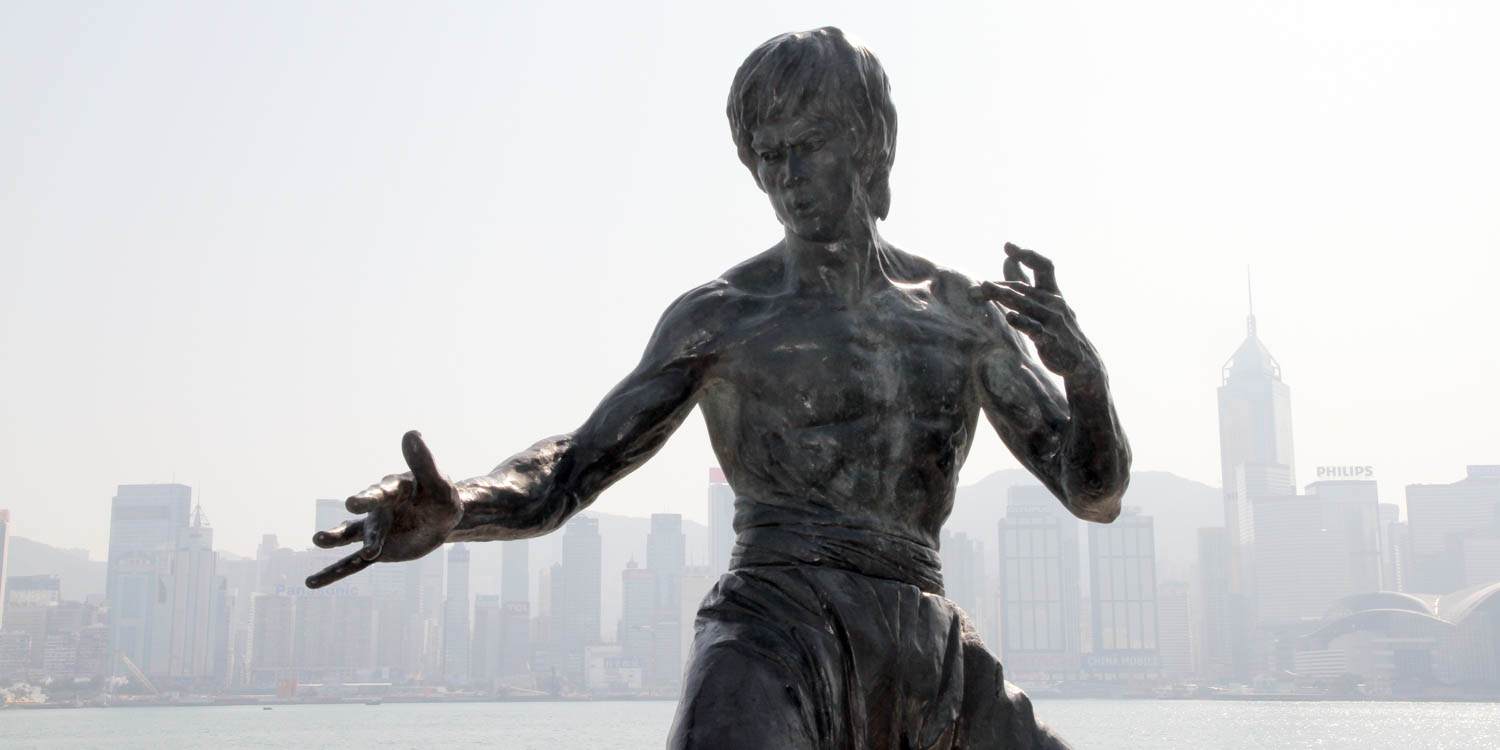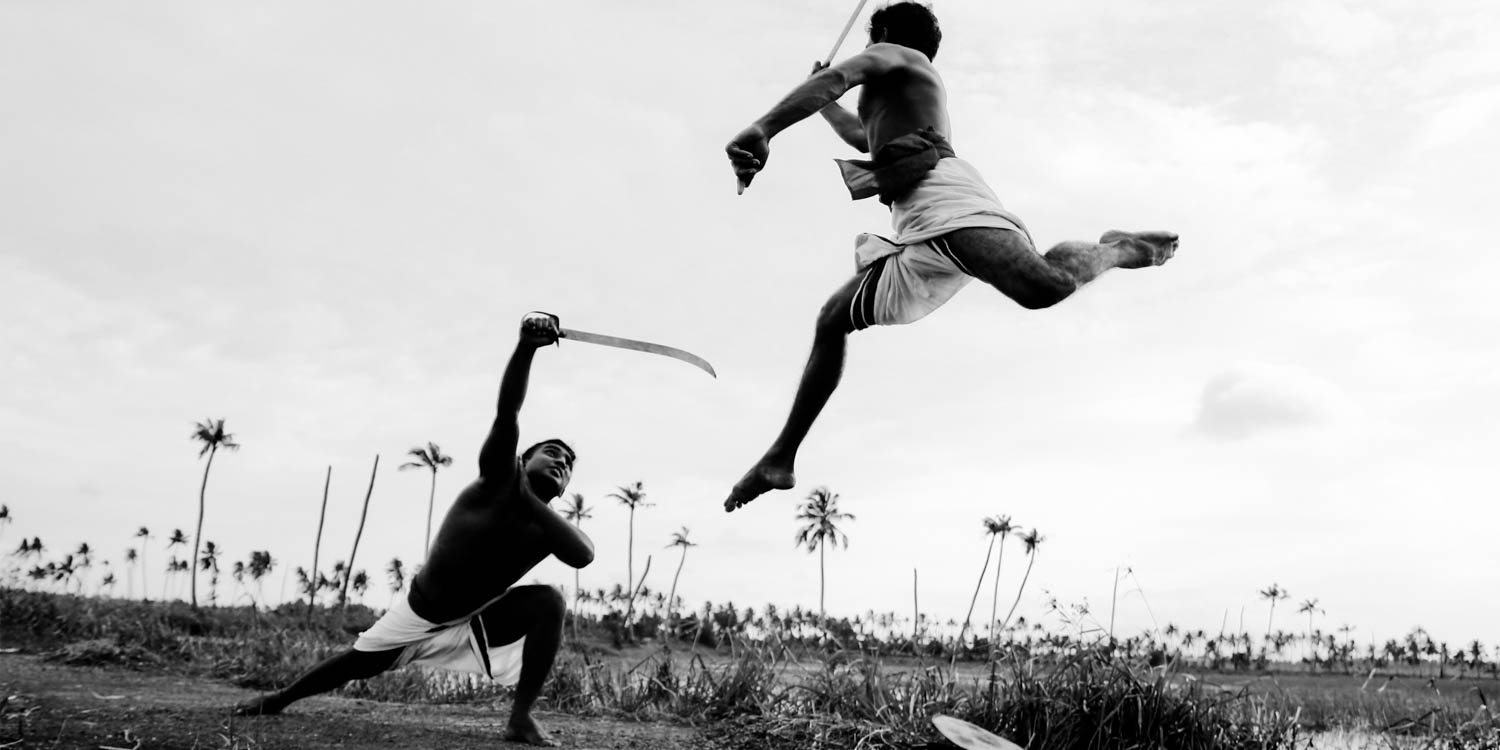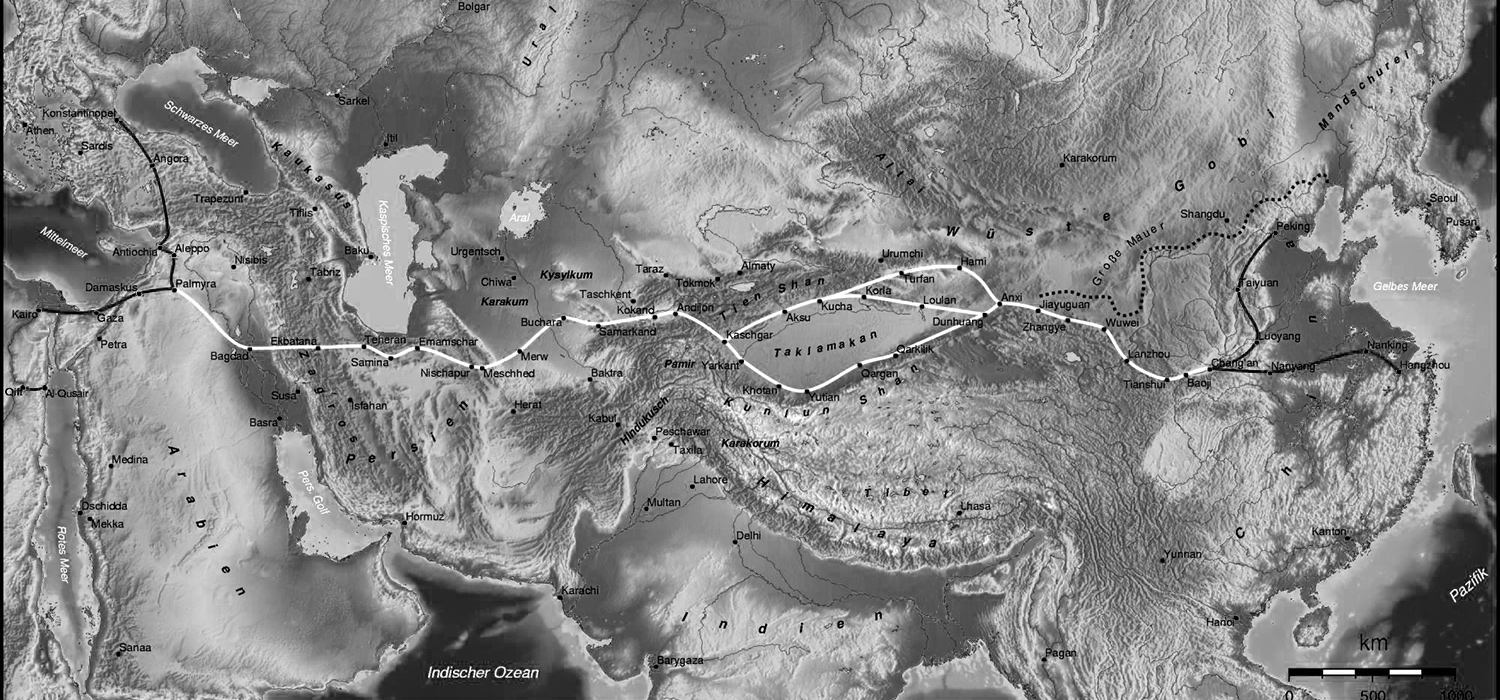Keynote, Featured and Spotlight Speakers will provide a variety of perspectives from different academic and professional backgrounds. This page provides details of presentations and other programming. For more information about presenters, please visit the Speakers page.
-
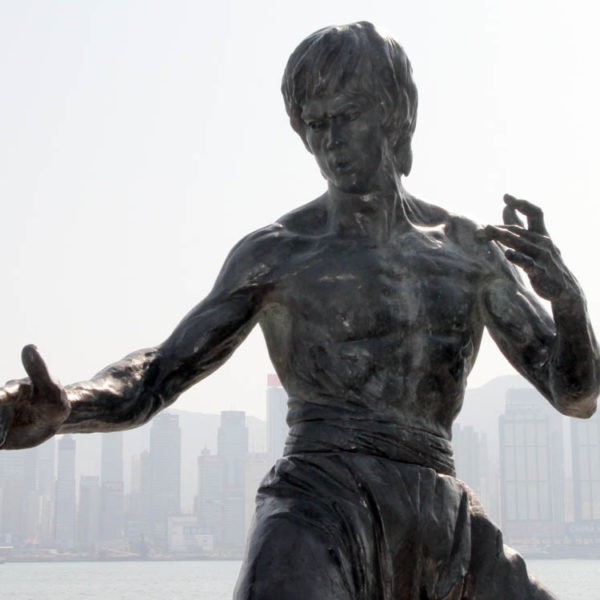 Documentary Strategies for Chinese Martial Arts as Living Heritage in Hong Kong: Perspectives from the FieldKeynote Presentation: Hing Chao
Documentary Strategies for Chinese Martial Arts as Living Heritage in Hong Kong: Perspectives from the FieldKeynote Presentation: Hing Chao -
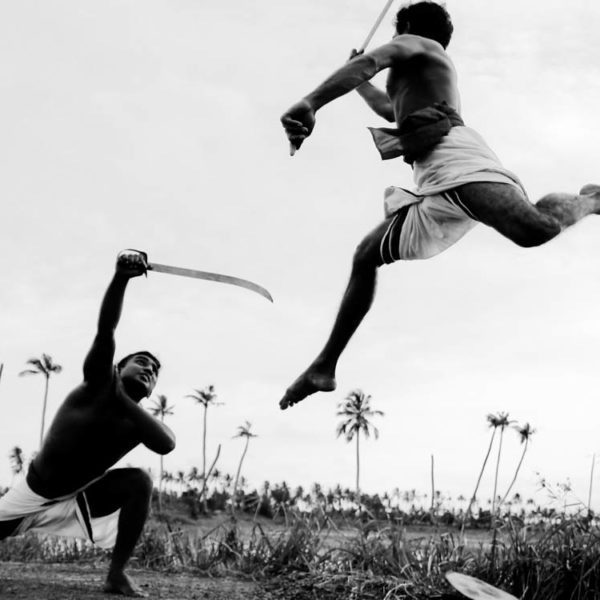 Traveling Exchanges: Theatres, Architectures, and HeritageKeynote Presentation: Kanta Kochhar-Lindgren
Traveling Exchanges: Theatres, Architectures, and HeritageKeynote Presentation: Kanta Kochhar-Lindgren -
 Escape from HeritageKeynote Presentation: Donald E. Hall
Escape from HeritageKeynote Presentation: Donald E. Hall -
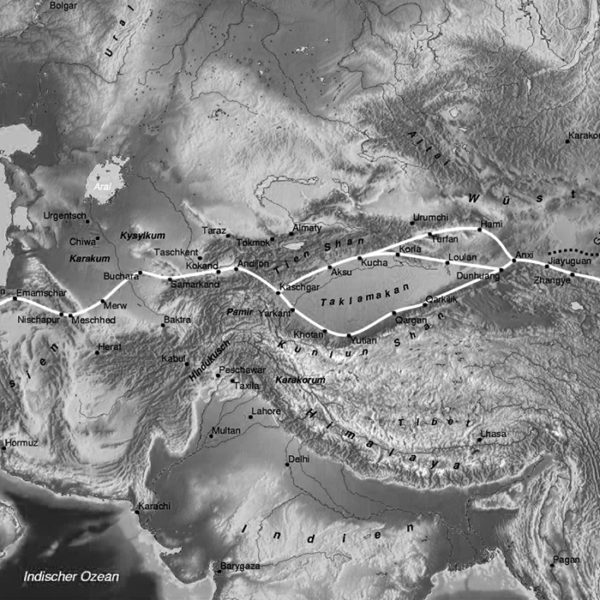 IAFOR Silk Road Initiative Information Session
IAFOR Silk Road Initiative Information Session

